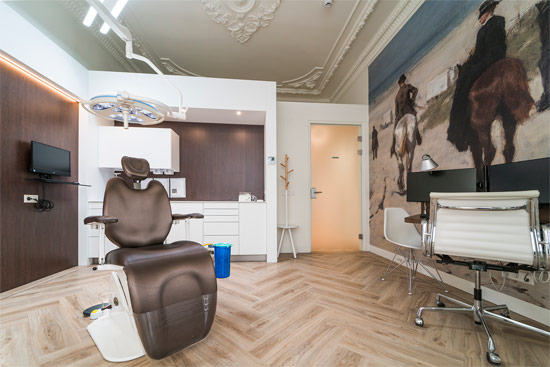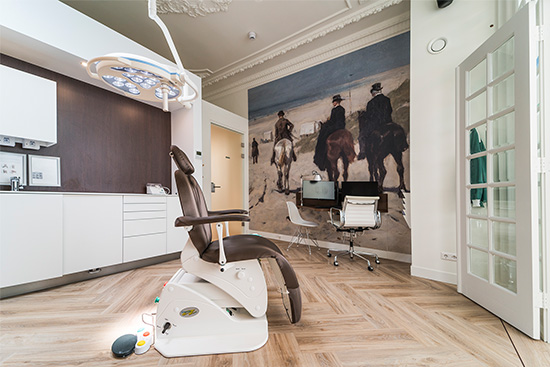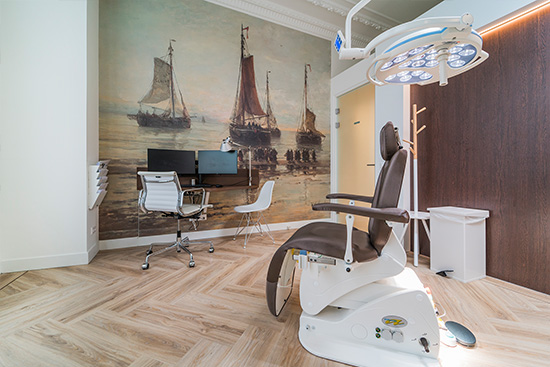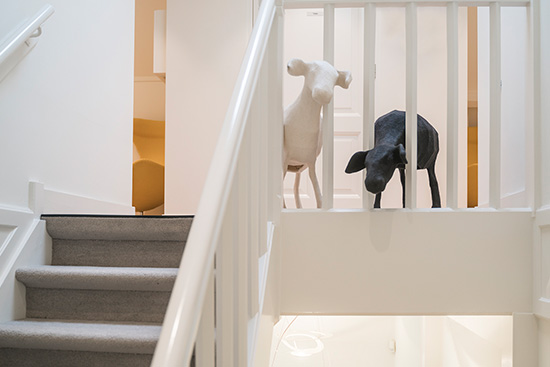Sleep apnea
Have you been feeling poorly, lacking in energy or rather irritable lately? You might think that your symptoms aren’t severe enough to warrant a trip to the GP, but these symptoms are all signs of sleep apnea. If you do not intervene, your symptoms may worsen and you could ultimately experience daytime drowsiness to the extent that you may fall asleep while reading the newspaper, watching TV or even driving.
What is sleep apnea?
Sleep apnea is a condition marked by short periods of breathlessness while you are asleep. Patients who stop breathing for at least 10 seconds are said to have apnea. A common cause of apnea is an obstruction in the airways, and this type of apnea can occur so frequently (between 5 and as many as 15 apneas per hour) that it can wreak havoc on your quality of sleep. Another name for this is Obstructive Sleep Apnea Syndrome, or OSAS.
If you have high blood pressure, heart palpitations or cardiac arrhythmia, these conditions may well be the result of sleep apnea. Loss of concentration and memory loss may also be caused by sleep apnea. When left untreated, sleep apnea can eventually lead to irritability and sudden fits of anger. However, people with symptoms of apnea typically do not go to see their GP until they feel their energy levels drop, even though they have a serious medical condition.
Whereas people with apnea can generally sleep anytime and anywhere, hardly noticing their restlessness at night, their partners will typically be more than aware of these symptoms. They can hear the repeated cessation of breathing, followed by a loud snore and possibly even muscle spasms.
To find out if you have sleep apnea, schedule a sleep study at Haaglanden Clinics.
An impression of Haaglanden Clinics GREEN























